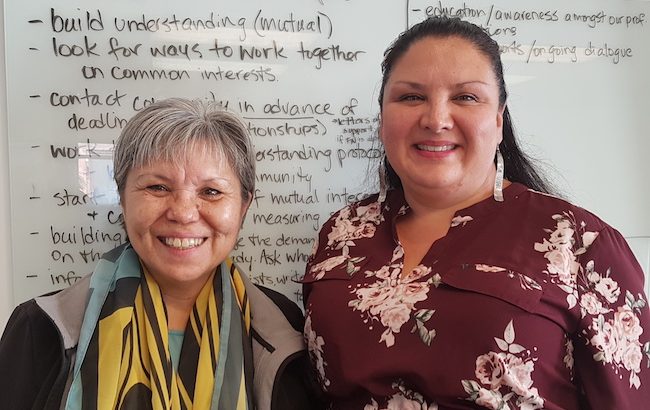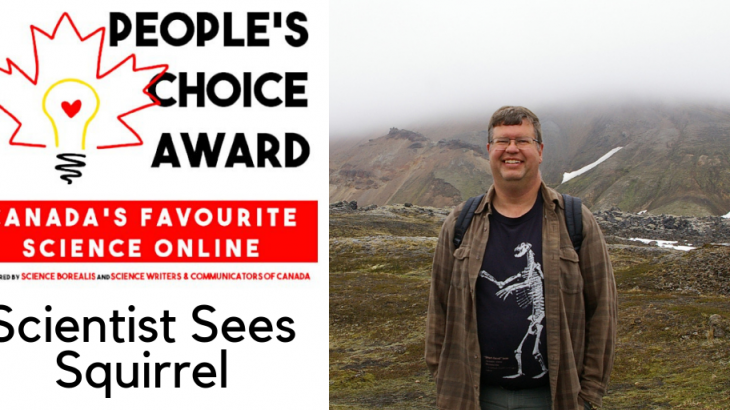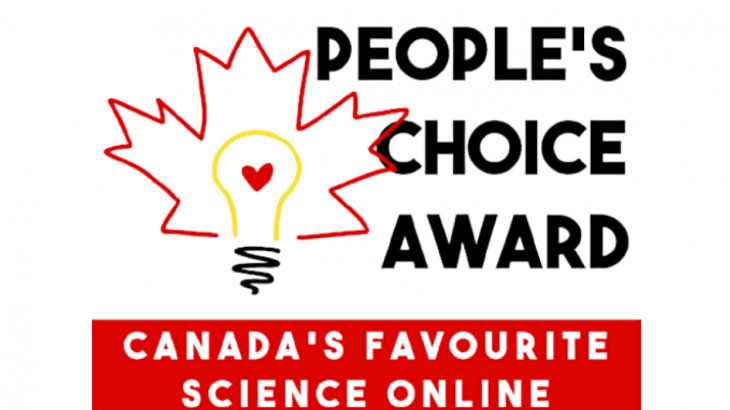
Sarah Boon, Science Borealis Core Team member On Saturday, November 17, Science Borealis co-hosted a workshop on Building Indigenous Relations in an Age of Reconciliation in Victoria, BC. The workshop was co-hosted with Vancouver’s Curiosity Collider and the Science Writers and Communicators of Canada (SWCC), with in-kind support from the Hakai Institute. We spent the […]






